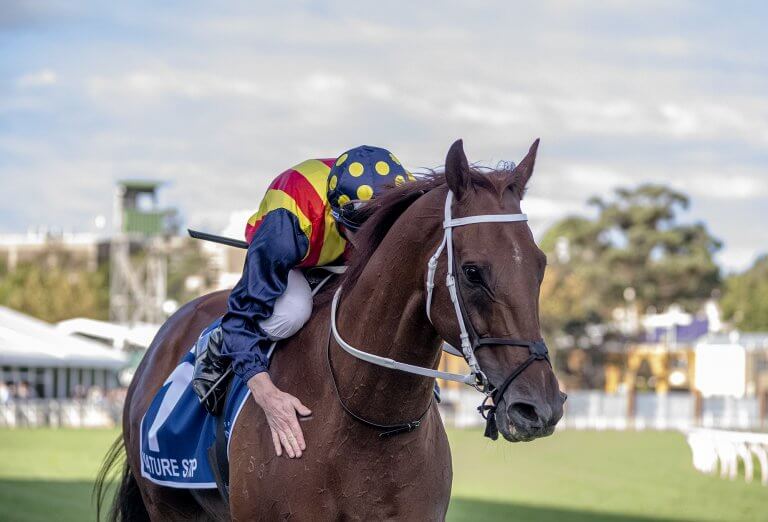
Why is horseracing controversial?
Horseracing is a hot topic on social media, but why did horseracing become controversial? It’s nothing new Think horseracing is elitist and morally corrupt? Oliver

Horseracing is a hot topic on social media, but why did horseracing become controversial? It’s nothing new Think horseracing is elitist and morally corrupt? Oliver
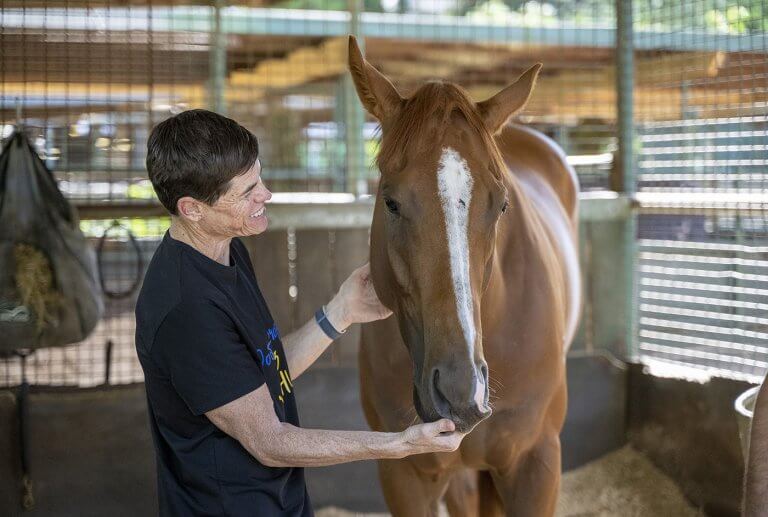
There are plenty of good reasons to house racehorses in stables, and none of them are to make it more convenient for humans. So, why
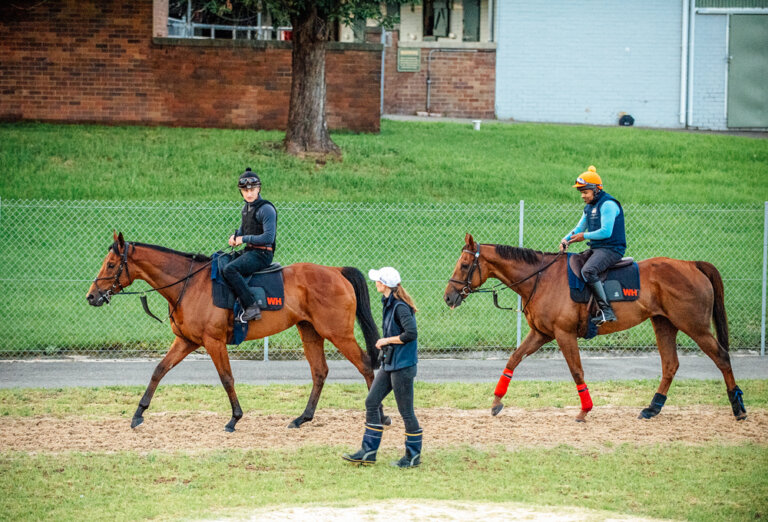
Racehorses are athletes. Logically no athlete is going to perform at their peak unless they are fit, healthy, and happy.

It’s no secret that ‘the race that stops a nation’ has been stopping the nation for all the wrong reasons in recent years. What’s the

If you see a horse with blood in its nostrils after a race (which is, fortunately, uncommon), it’s likely to be Equine Induced Pulmonary Haemorrhage (EIPH), which means bleeding from the lungs.
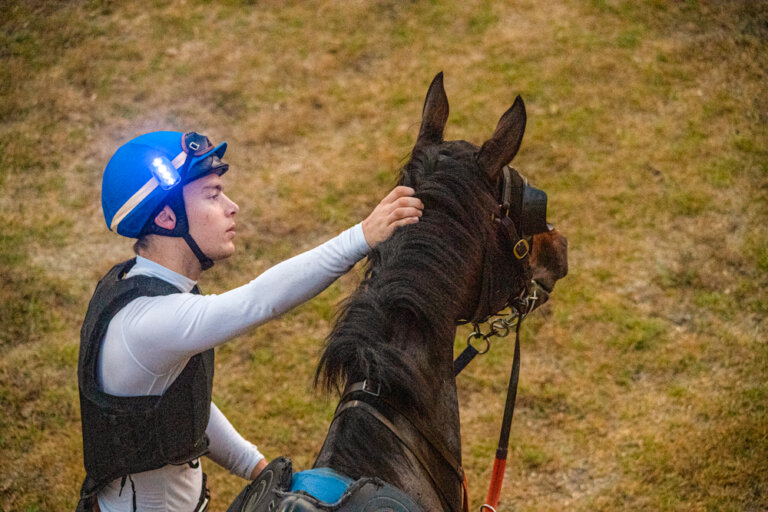
Fortunately, deaths are very rare in Australia, and, of course, we’re trying to eliminate them entirely. Whilst none of the state racing authorities nor the national body, Racing Australia, release figures on the number of fatalities that occur in races every year, there have been studies into raceday fatalities in flat races in Australia.
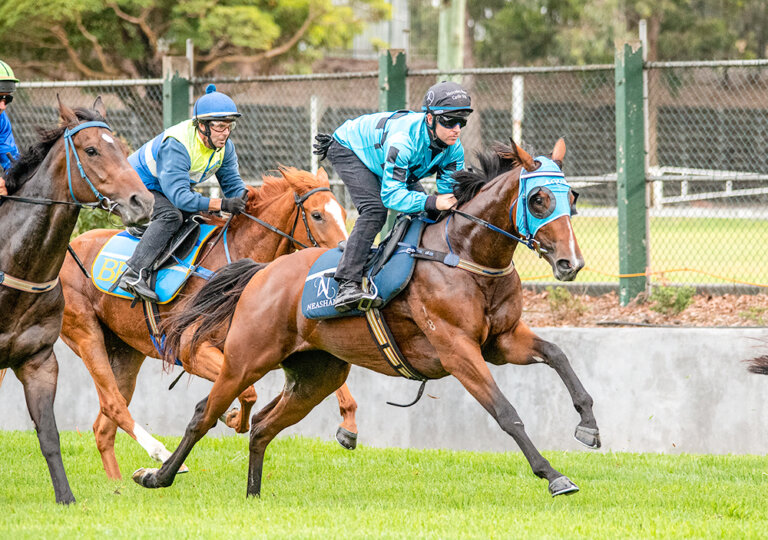
It is absolute on all the data sets that the training and racing of 2-year-old thoroughbreds has no ill effect on the horses’ race-career longevity or quality.
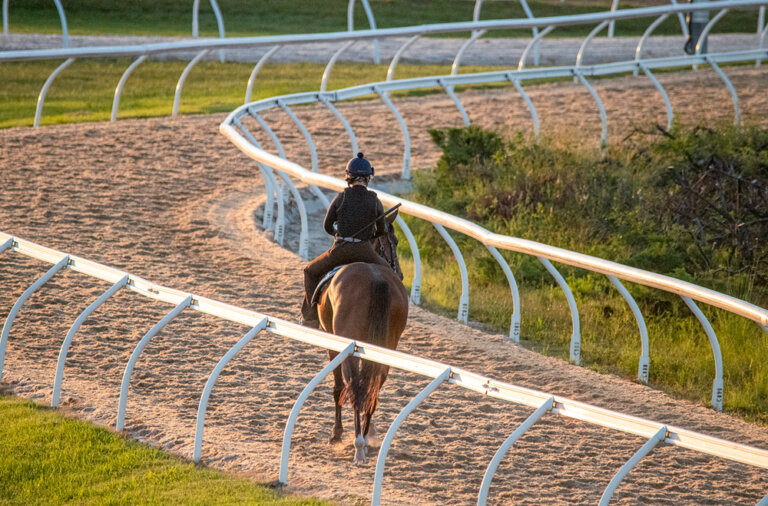
Whether they’re racing for $15 million or $15,000 in prizemoney, thoroughbred racehorses are given a high standard of care and attention by their dedicated teams across Australia.
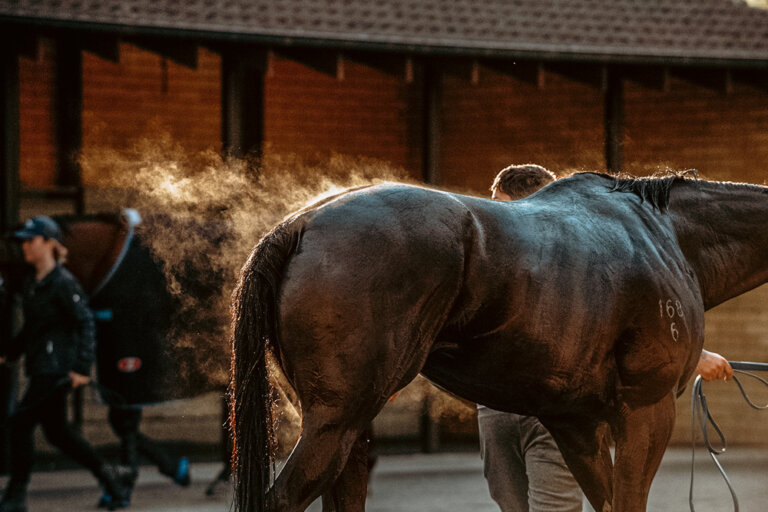
Racing has a principle of ‘drug free’ racing. Under the rules of Australian racing, no horse is allowed to run in a race whilst under the influence of any medication, including anti-inflammatories, steroids, hormones and diuretics.

One of the main arguments against horse racing is the use of whips. It’s a contentious issue with an emotional undertone; however, before taking a strong position for or against whip use, let’s understand the variables involved.

© 2022 Sustainable Action for Racing Limited
ACN 663 136 623